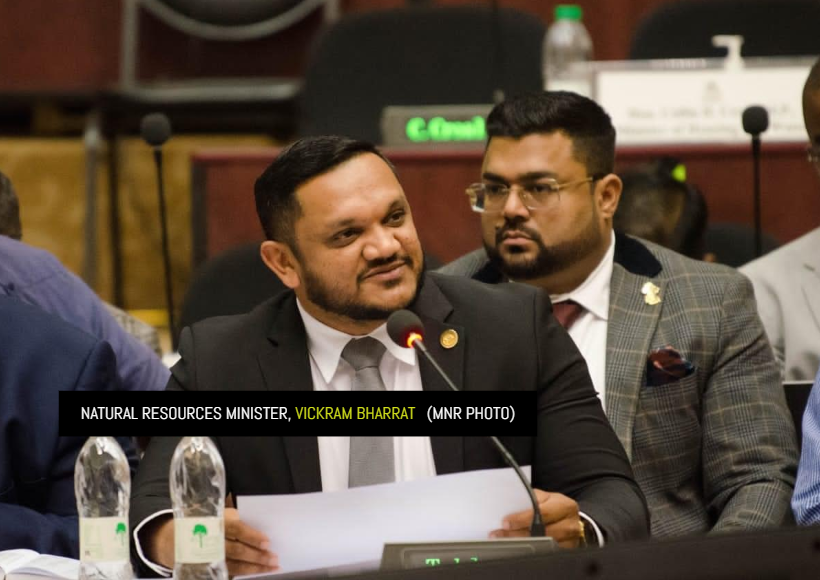Plans for Guyana’s first oil refinery are still being finalized, with the government carefully weighing several critical factors, including the availability of feedstock, the refinery’s economic sustainability, and logistical issues such as the depth of Guyana’s waterways. Natural Resources Minister Vickram Bharrat has revealed that while there has been considerable interest from various companies, these concerns are currently delaying any final decisions.
Minister Bharrat explained that the government has received nine formal proposals and several additional ones for constructing a refinery. However, the process of evaluating these proposals is complicated by the need to ensure the refinery can be sustained in the long term. “We gotta be real in such an investment and ask whether we can sustain a 30,000-barrel modular refinery, whether it is economical because we know what is happening around the world,” Bharrat said.
One of the primary concerns is whether Guyana can supply enough crude oil from its share of production to keep the refinery operational. Minister Bharrat stressed that without a reliable supply of feedstock, building a refinery in the country might be impractical. “It makes no sense to have a refinery in Guyana and we cannot supply the crude. It makes no sense because you simply have to import crude. That is defeating the entire purpose,” he noted.
The minister also pointed out logistical hurdles, particularly the limitations posed by the depth of Guyana’s rivers, which are crucial for transporting crude and refined products. Despite the common belief that the Demerara River is deep, it only supports drafts of 6-8 meters, which is insufficient to support large-scale refinery operations.
“We grew up knowing that Demerara River is a deep river, but unfortunately, it’s not deep enough,” Bharrat said, highlighting the unexpected challenge of river depth, which is now seen as a significant impediment to development.
Given these issues, the government is hesitant to move forward with awarding the refinery project until more thorough assessments are completed. “It makes no sense we award it, and then the company will not, or might not be in a position to build and sustain it without closing down,” Bharrat warned.
Nevertheless, the minister confirmed that the government remains open to the idea of a refinery in Guyana, especially if it can be paired with adequate storage facilities. “Storage is key, especially when you have war in Ukraine, and you have the Venezuelan issue. And you have many other issues that may arise in the future. You have to ensure that you’re secure energy security, as the president would mention,” he added.
As the government continues to explore the viability of the refinery project, it remains focused on ensuring that any investment made will be both sustainable and beneficial for the country in the long run.













